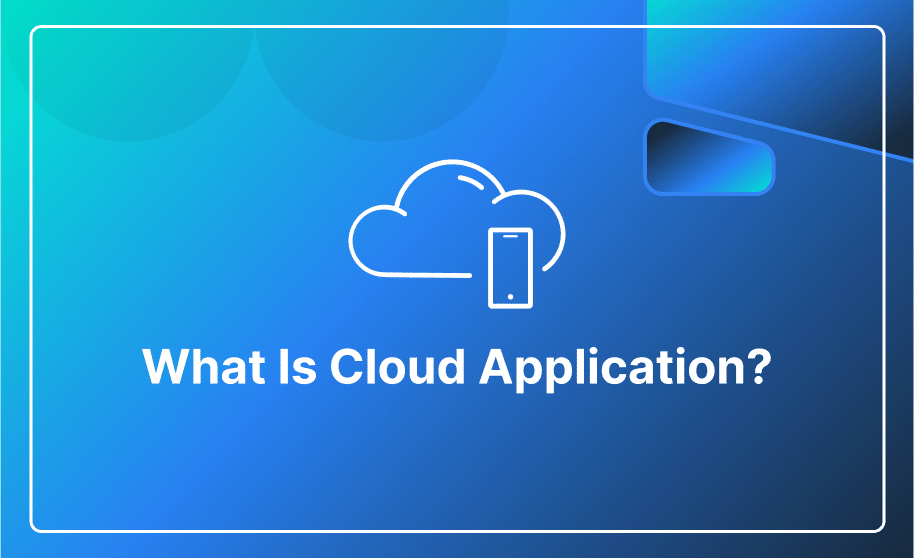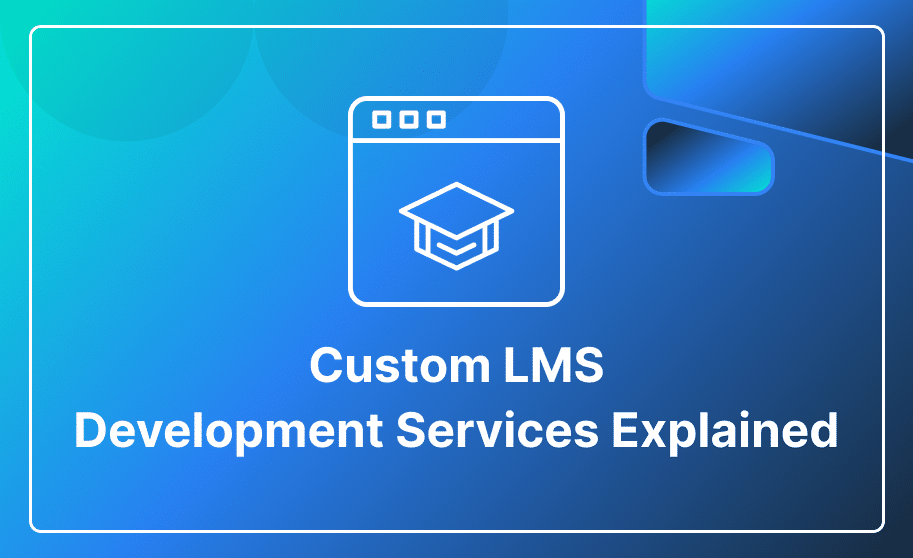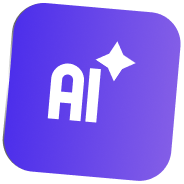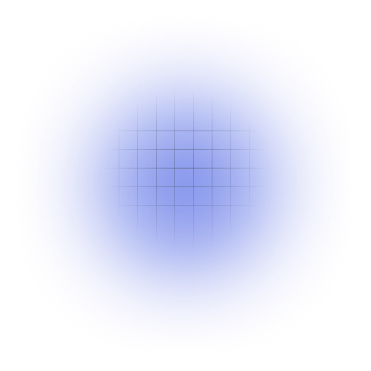
Increasing NFT growth is an emerging trend with swift goal-setting objectives. As people become more obsessed with buying art pieces, this shows the growing demand for NFTs and their role in the blockchain era. The potential growth of NFT has marked the spark in the digital world.
It is the right time to dive into the world of NFT development if you are planning to do so. However, the functions of NFTs are based on smart contracts development. Thus, you need to gain a clear understanding of the entire process involved in creating NFTs.
Here in this article, we are going to discuss the smart contract development process for NFT. So let us get started!
Understanding About Smart Contracts
Smart contracts are sale agreements between the NFT owners and buyers. These contracts are self-executing, ensuring that the contract terms are satisfying and accomplished without the role of a third party. They can refer to as business protocols according to which all the transactions are scheduled. The general aim of a smart contract application is to satisfy the agreed business terms. In addition, we can also view it as a collection of code stored within the blockchain network, which contains conditions to which all parties must agree.
Smart contracts ensure digital assets are non-replicable. Because of this, NFTs are scarce, making them valuable. They run NFTs, which assure that smart contracts are responsible for the following operations:
-
Verifying the ownership
-
Handling the transferability
Key Features of Smart Contracts
These smart contracts prove extremely useful because of the following characteristics:
- They avoid paperwork completely, which results in accurate and fast processes.
- It gives rise to trust, as no one can change the terms once the agreement terms are done.
- They are highly secure and hard to hack because of inaccessible property.
- They cause a rise in savings as it eliminates the role of intermediaries.
Standards of Creating Smart Contracts for NFT
Since Ethereum is the most used NFT Platform. It has various standards to develop smart contracts for NFTs.
● ERC-721 Standard
The Ethereum NFT Standard is an open standard that describes how to build NFTs on the Ethereum Blockchain. A single ERC721 can manage multiple tokens.
● ERC-1155 Standard
With ERC 1155, each token id represents its configurable token type with its supply and metadata attributes. Other smart contract blockchains with NFT tools include TRON, EOS, TEZOS, and Solarium.
Steps to Develop Ethereum Smart Contract
● Create a wallet at Meta-Mask
Install MetaMask in your Chrome browser and click on its icon on the top right of the browser page. Clicking on it will open it in a new tab of the browser.
● Select any one test network
MetaMask wallets may also contain the following test networks:
- Robsten Test Network
- Kovan Test Network
- Rinkeby Test Network
- Goerli Test Network
● Add some dummy Ethers to your wallet
For example, if you want to test a contract using the Robsten test network, select it and you see that your account will be credited with 0 ETH.
● Write the smart contract in Solidity
In this step, Remix Browser IDE is used to write the Solidity code. It offers a comprehensive development environment and comes with features that make it the best option for writing smart contracts.
● Create a. sol extension file
To create a .sol file, open Remix Browser and click on the plus icon next to the browser on the top left side.
● Compile your Smart Contract code
Compile the Ethereum smart contract code with a version of the Remix compiler.
● Deploy your contract
Press the deploy button on the right side of the Remix window to deploy the smart contract on the Ethereum test network.
Wait until the completion of the transaction. After the successful transaction, the smart contract address would be visible on the right-hand side of the remix window.
How do smart contracts work?
A smart contract is a blockchain-based program. It contains a set of rules that make up an agreement between two or more parties. It only executes the transactions when these rules meet. As a database, it uses a blockchain like a regular application that implements some business rules.
Capabilities of Smart Contracts
Smart contract developer can accomplish the following tasks through smart contracts.
- It automates manual processes.
- It ensures security.
- Because of its decentralized nature, it reduces the role of trusted intermediaries.
- Smart contracts support multi-signature accounts to distribute funds as soon as all parties involved confirm the agreement.
- It effectively manages users’ agreements.
- It provides utility to other contracts.
- It also stores information about an app.
Bottom Line
In a nutshell, smart contracts are the building blocks of any NFT. The potential of smart contracts for future transactions is limitless, such as home loans and other business-related deals. That’s what a smart contract can do.
Hashlogics is a reputed smart contract development service provider company. Our smart contract developer team has extensive experience in developing smart contracts for NFTs. Contact us to have high-end smart contracts in hand.














